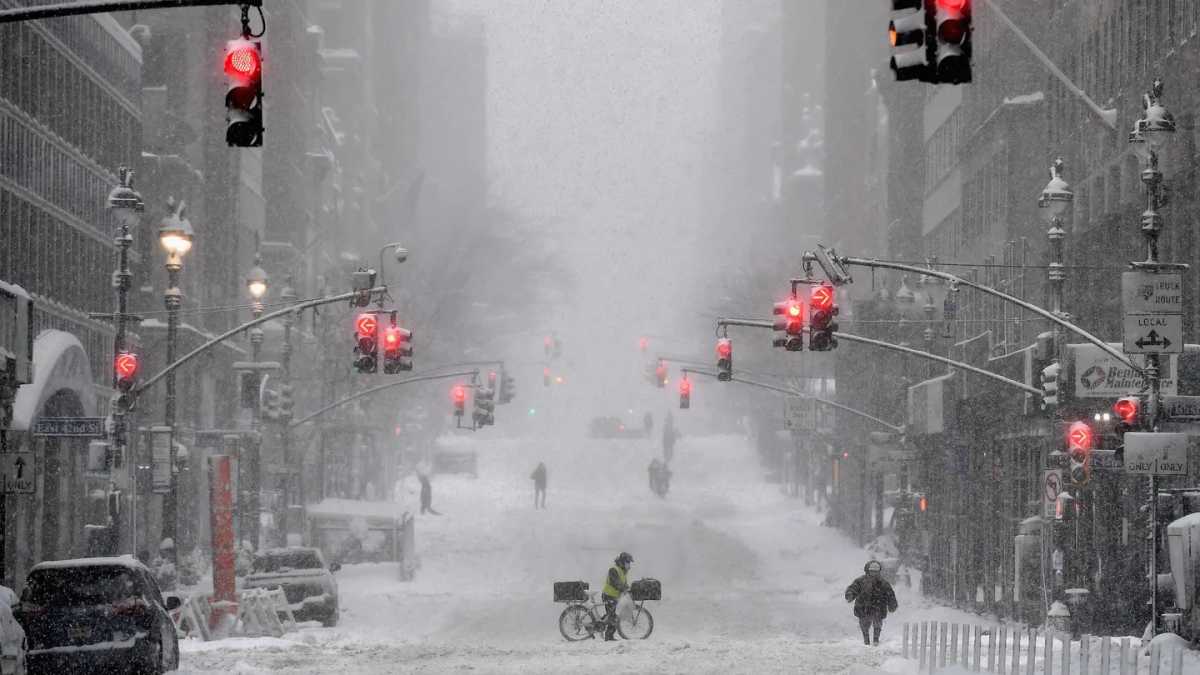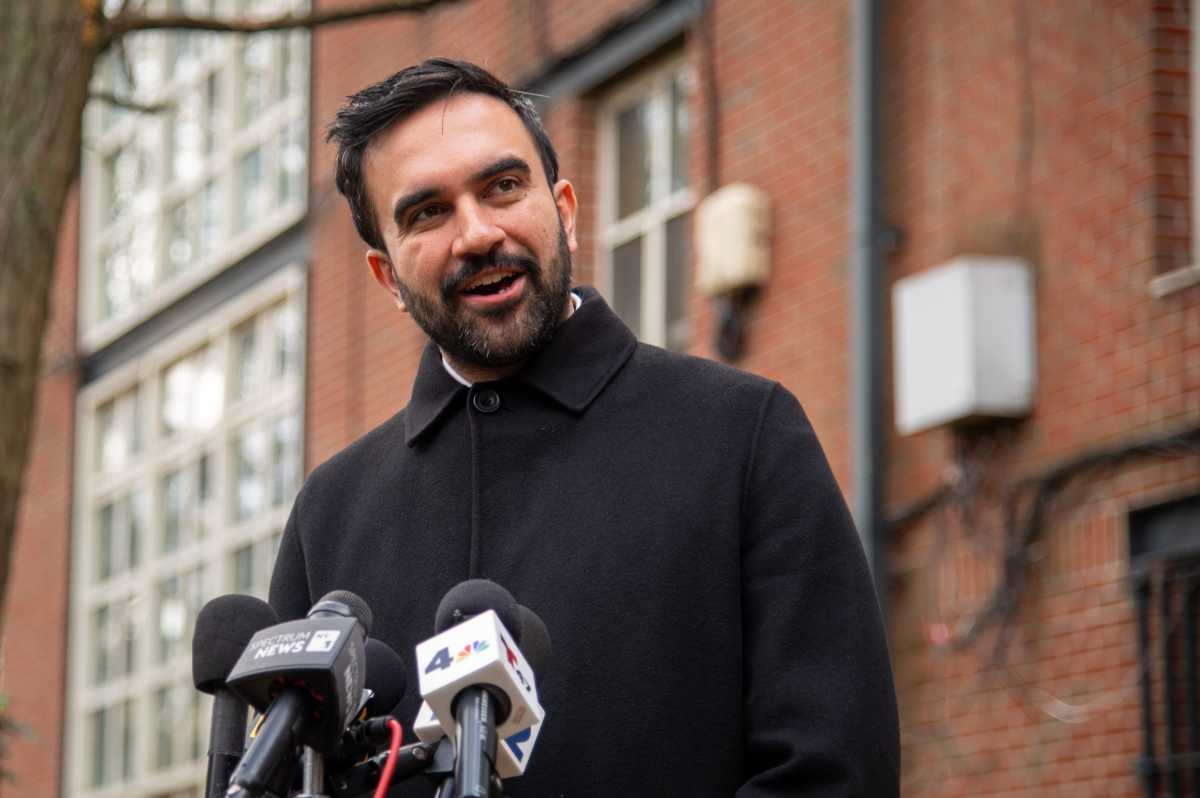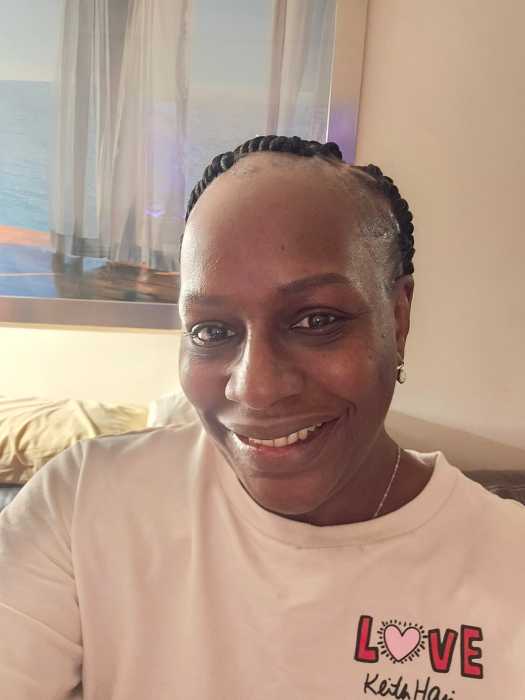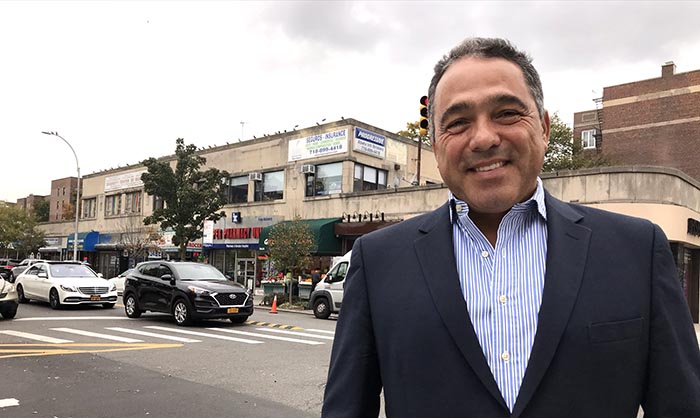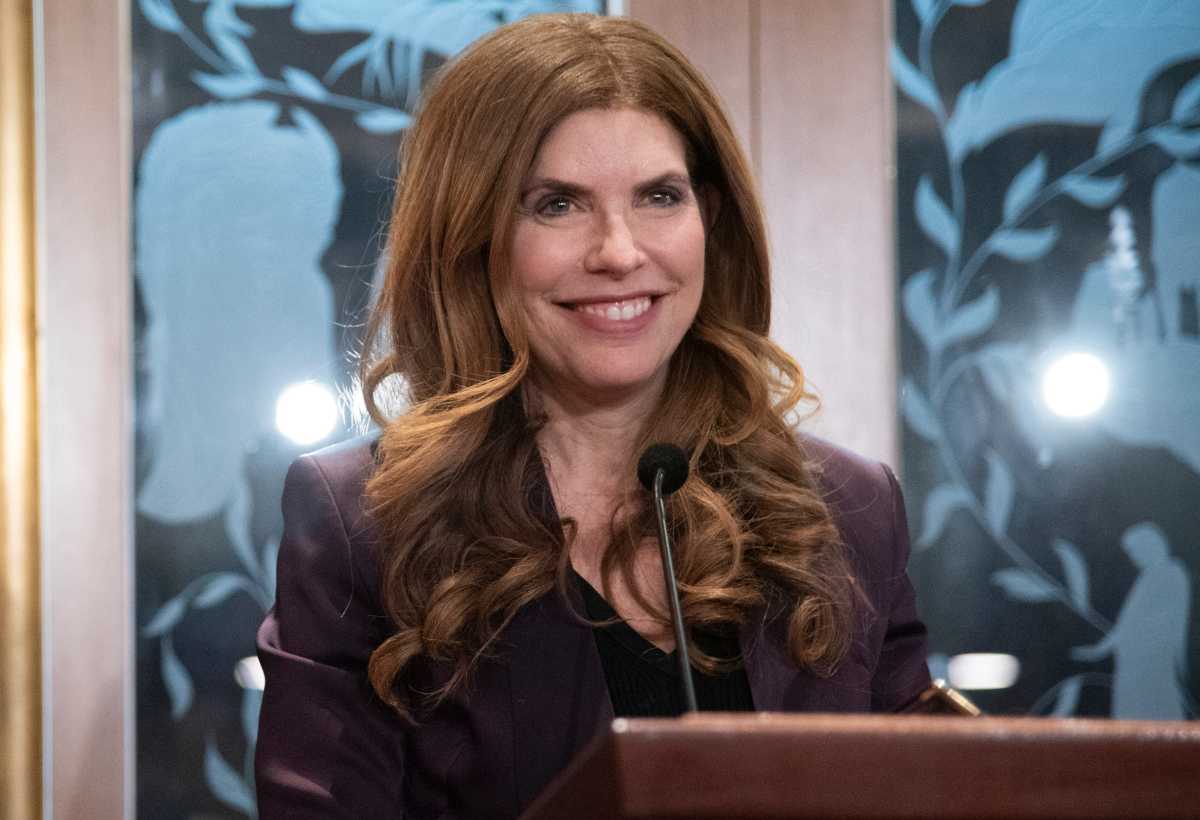I arrived in the five-boroughs from Puerto Rico when I was just six months old, and New York City has been my home ever since. I’ve seen it at its best and at its worst, but grit and community have always defined it. And it’s my mission to protect our people and the entrepreneurs and small business owners who keep our neighborhoods vibrant.
Throughout the city, I hear the same concern from nearly everyone I talk to: costs are rising and becoming unbearable — especially energy bills. That’s why our state needs to rethink its approach to energy policy to ensure the success of our neighbors and our Main Street businesses.
Energy costs shape the day-to-day lives of real people. Households on the lowest end of the income spectrum spend nearly 18% of their income on energy. Those prices determine whether families can put gas in their cars, heat their homes, or power their businesses. When government makes sweeping decisions that push those costs even higher, it translates to real hardship.
Lawmakers have set ambitious goals to transition to renewable energy. I’ll be the first to say I support smart policies that ensure a clean future for our kids — but we cannot ignore the very real consequences of overly aspirational timelines on people already struggling to stay afloat. Let’s make steady, incremental progress, and not speed ahead in ways that could leave too many New Yorkers behind.
A stable climate and healthy environment are goals we all share, but the path forward must be fair and realistic. Maintaining a balance of energy sources — natural gas, wind, hydrogen, solar, nuclear — and embracing innovation is the most reliable way to keep costs down and ensure everyone can afford to keep the lights on.
Each year, household budgets stretch to their breaking point when the colder months hit. When energy costs spike, families face impossible choices — sometimes even food insecurity. As they divert more money to basic necessities, they have less to spend out in their neighborhoods. Local businesses feel that at a time when they already experience less foot traffic. It compounds — fewer customers, lower revenue, and their own rising utility bills. Jobs disappear, shelves sit empty, and we see some of our favorite local shops close up their doors.
We cannot build a better future with policies where only the wealthy can live comfortably while working families and small businesses bear the costs. A 2024 report found that energy insecurity is a persistent problem in New York City, particularly in the Bronx. Each year, about 20% of New Yorkers fall behind on their utility payments because they simply don’t have the money to pay them. That must change. Reliability and affordability are forms of equity, and they require a commonsense approach to generating and distributing energy.
The fact is, most New Yorkers support policies that advance renewable energy while also maintaining access to traditional sources like natural gas.
Gov. Kathy Hochul continues to stress bringing down costs, and Mayor-elect Mamdani won a historic victory running on a message of making New York a city for all. As we enter this next chapter, our leaders must follow through — and keep affordability at the center of every decision.
Rev. Carmen Hernandez is a Bronx-based community advocate and activist, and founding president of the NYC LGBTQS Chamber of Commerce.


